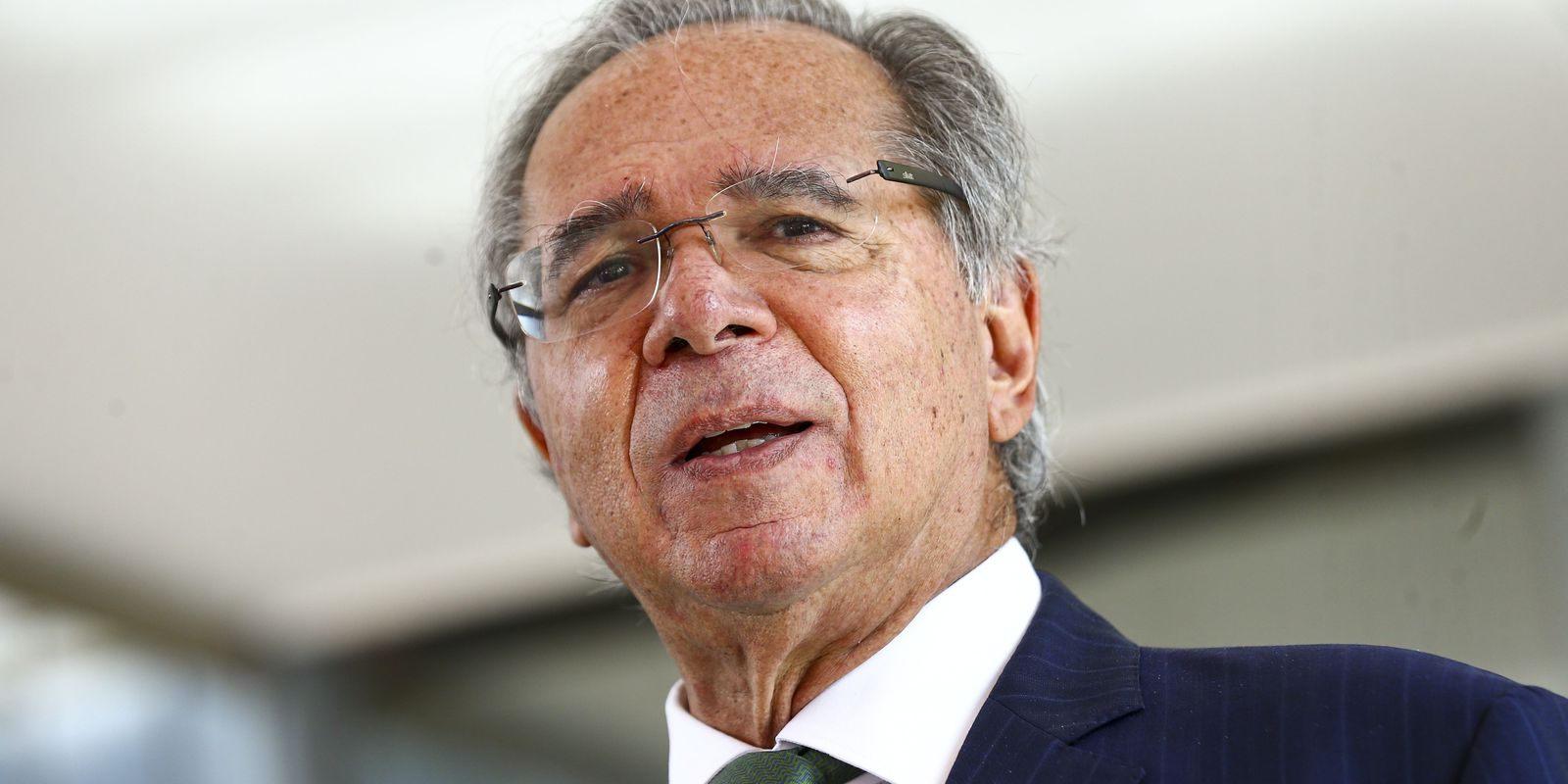The Minister of Economy, Paulo Guedes, defended privatization today (19) as a way to increase investments in infrastructure. According to the minister, the “old model”, based on large state-owned companies, “has run out”. 
“Only one company, Cedae [Companhia Estadual de Águas e Esgotos do Rio de Janeiro], when we made the sanitation milestone, it mobilized R$ 50 billion in one weekend, here in São Paulo. Six and a half times the minister’s budget [da Infraestrutura]”, he said, when comparing the result of the auction held in April and the budget of the Ministry of Infrastructure. At the time, R$ 22.69 billion were paid in grants and R$ 30 billion in investments are planned over 12 years. The minister participated in a seminar promoted by the Arko Advice and Traders Club platform.
Yesterday (18), the plenary session of the Federal Audit Court (TCU) approved the privatization model of Eletrobras, a state-owned company considered the largest energy company in Latin America.
IPI
Guedes also stated that the high tax burden has caused a reduction in the country’s industrial production in recent years. “The IPI [Imposto sobre Produtos Industrializados] deindustrialized Brazil”, he emphasized during the lecture. According to the minister, it is the taxes that make the country have to import products that could be produced nationally. “Brazil has all kinds of raw materials. In other words, there is soy, but sometimes you have to bring in soybean oil from outside, There is iron ore, but sometimes you have to bring in steel from outside.”
Guedes said that the government took advantage of the increase in revenue to reduce the amounts charged with the tax. “For the first time in 40 years, we lowered the IPI. Nobody has done this before.” In February, a series of products had their IPI rates reduced by 25%, a percentage that was increased to 35% as of May. According to the Ministry of Economy, with the exemption, the Union will no longer collect BRL 15.2 billion in 2022, BRL 27.3 billion in 2023 and BRL 29.3 billion in 2024.
Inflation
The minister also commented on the high inflation which, according to him, is a worldwide phenomenon. “The inflation we have today is global inflation, because central banks slept at the wheel. Our [Banco Central] he woke up, ran out and had a coffee: he’s alive”, he said, regarding the increase in the basic interest rate that the Central Bank has been doing since last year to contain the general increase in prices.
According to Guedes, world inflation is caused by a disorganization of production caused by restrictive measures to contain the covid-19 pandemic. “As there was this rupture of production chains, the world became disorganized in general. There was an adverse supply shock. And at the same time all governments launched these social programs. In other words, demand increased sharply, supply was contained and global inflation rose.”
















